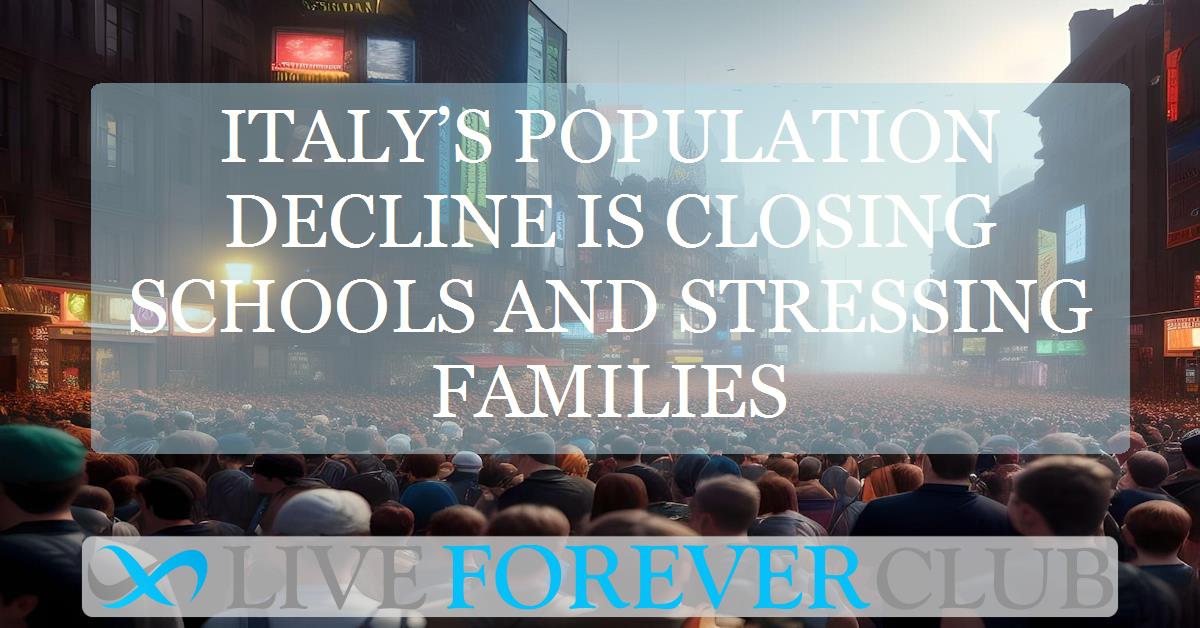Key points from article :
Italy is facing a sharp population decline, especially in small towns like Fregona, north of Venice. Local mayor Giacomo de Luca is fighting to save the only school’s reception class, which lacks the minimum 10 children required for funding. He's offering transport and extended care hours to attract students, but the town’s birth rate has dropped drastically, with just four babies born this year.
Italy’s national fertility rate is now 1.18 children per woman, the lowest ever recorded. The country has seen fewer births for 16 years straight, and almost 1.9 million people have disappeared from the population in the past decade. Government schemes like cash bonuses and tax breaks haven’t helped much, especially when childcare remains expensive and scarce.
Parents like Valentina say they want to work but can’t find affordable full-day childcare. She relies on her grandmother, while many of her friends delay or avoid having children because of costs and lack of support. Local factories like Irinox created their own creche to help working parents return to jobs, but not all families have access to such options.
Melania from Irinox said the creche helped her balance work and family, but she’s unsure about having a second child. The trend of late childbirth, unstable jobs, and lack of full-day kindergartens all add to the drop in births. CEO Katia da Ros believes small cash payments won’t fix this — Italy needs free, accessible childcare and other strong services.
Immigration might help Italy’s ageing and shrinking workforce. At Irinox, 40% of staff are foreign-born. But political resistance makes it a fragile solution. Even then, it hasn’t stopped school closures. Treviso’s Pascoli Primary shut last month due to low enrollment, marked by a flag-lowering ceremony and tears from parents.
Parents like Eleanora say they need practical support — not just baby bonuses but real help like summer camps and full-day schools. She believes unless Italy changes how it supports families, people simply won’t have more children. The country’s future hangs in the balance, one empty classroom at a time.






